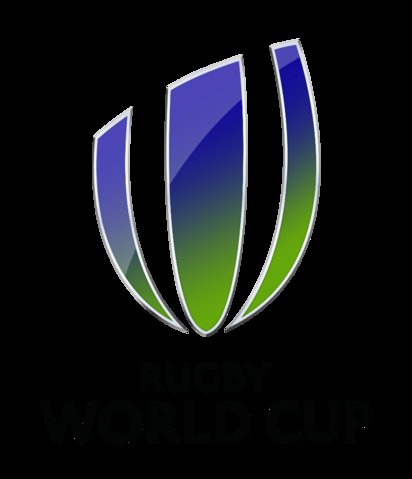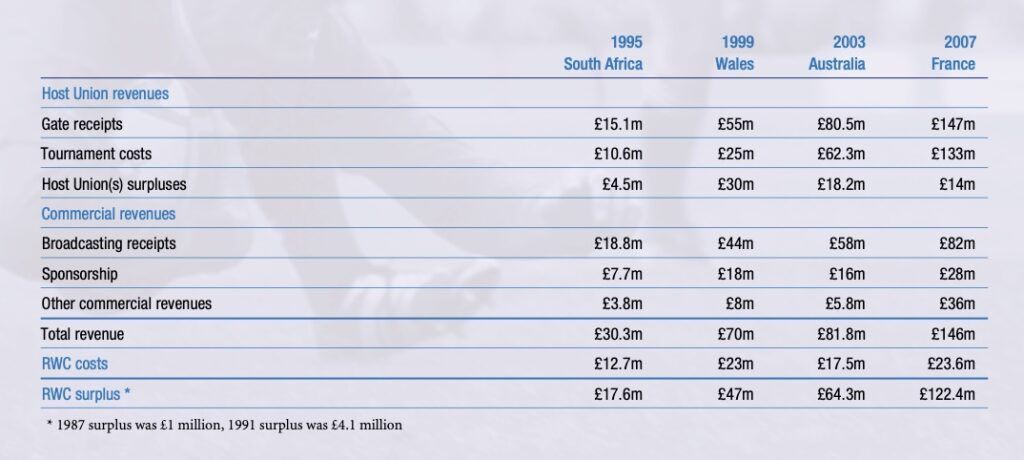
Sparkling Water, the #HollywoodbetsDurbanJuly champion horse, secured a R5 million prize purse on a weekend that was expected to generate close to R362 million in economic activity
So is it a great industry to get into? This is the business of owning race horses
THREAD ⬇️
So is it a great industry to get into? This is the business of owning race horses
THREAD ⬇️

While legendary trainer Mike De Kock saddled his fifth winner of the July and jockey S’Manga Khumalo fizzed to his second victory at the annual race, the horse Sparkling Water has a much longer history behind her.
📸 Gallo
📸 Gallo

Sparkling Water is owned by Mary Oppenheimer-Slack, the daughter of former Anglo American chairman Harry Oppenheimer and was sired by one of the most legendary race horses in South African history, Silvano.
Sparkling Water is the latest in a long line of breeder successes
Sparkling Water is the latest in a long line of breeder successes

Sparkling Water has now won 7 races for Mary’s Wilgerbosdriftfarm which prides itself in producing some of the finest horses in the country and benefited from the immense resources bestowed on her by her parents.
But the last 30 years have been extremely challenging.
But the last 30 years have been extremely challenging.
National Horseracing Authority (NHRA) statistics for the past 30 years, give an overview of the decline of the industry. From 1990 to 2020 the number of starters in NHRA races dropped from 49,482 to 35,232 horses and there was a 37% reduction in trainers 

Between those years, half the formal racecourses in the country closed and there was an 84% drop in breeders or stud farms though average earnings per horse jumped from R13,000 to R44,000.
The industry is reliant on the thoroughbred breeding sector to supply quality horses
The industry is reliant on the thoroughbred breeding sector to supply quality horses
Investing in thoroughbred racing may offer exciting business opportunities but it is important to recognise that it is a speculative and costly venture. Prices range greatly depending on the breed and what it will be used for
Buying a thoroughbred racehorse could set you back by an average of over R300,000. Furthermore, it takes R50,000 to R60,000 a year to maintain a horse on a stud farm.
The least expensive horse at the 2021 National Yearling sale - R50,000
The most expensive horse - R2.8 million
The least expensive horse at the 2021 National Yearling sale - R50,000
The most expensive horse - R2.8 million

There are a variety of options for those wishing to get involved with horses:
1: Sole ownership which means that you are responsible for all the costs of owning the racehorse. Sole owners are also the beneficiary of any stakes earned on races and through leasing of their horses.
1: Sole ownership which means that you are responsible for all the costs of owning the racehorse. Sole owners are also the beneficiary of any stakes earned on races and through leasing of their horses.
2: Co-ownership which means sharing the costs and benefits of owning a horse with other like-minded individuals. It also allows owners to spread their investment and enjoy an interest in more than one horse if they so wish.
An example of a high profile co-ownership in recent times is that of Marketing Director of Kaizer Chiefs, Jessica Motaung, along with the CEO of Mogul Equine, Desireé De Andrade who jointly purchase of the young colt Harold the Duke. 

3: Syndicates which consist of between five and 20 people. It’s a low cost option and allows owners to invest in quite a number of horses, increasing the chances of having an interest in a winner
Essentially a horse fractional share ownership
Essentially a horse fractional share ownership
4: Leasing allows access to a better quality horse than would ordinarily be accessible. Horse owners don’t usually sell their best or most promising horses, but do lease them out when they don’t have time for them or need some extra income
The Costs Involved in maintaining a racehorse are extensive and they include:
- Monthly spelling and training fees;
- The running costs of keeping the horse in training and racing;
- Farrier fees (trimming and shoeing horse hooves)
- Veterinary Care as required
- Insurance
- Monthly spelling and training fees;
- The running costs of keeping the horse in training and racing;
- Farrier fees (trimming and shoeing horse hooves)
- Veterinary Care as required
- Insurance
In addition, when stakes are earned the jockey gets 10% of the earnings and gets a riding fee. Owners pay trainers roughly 7% of the stakes earned which is on top of their other monthly charges.
Typically, the race winner is paid 60% of the total purse, and second place is paid, 20% to second place, 10% to third, 5% to 4th, 3% to 5th, and 2% to 6th. After monthly expenses and fees are paid, there is usually very little profit remaining for the horse owner
📸Getty
📸Getty

Other Income Streams
Beyond local racing and breeding, there is the attractive and lucrative international horse export market. There is significant demand for South Africa-based horses in the international market for their quality and affordability.
Beyond local racing and breeding, there is the attractive and lucrative international horse export market. There is significant demand for South Africa-based horses in the international market for their quality and affordability.
According to research firm OEC, horses are the world’s 566th most traded product. In 2020, the top exporters of horses were:
China $572 million
Hong Kong $568 million
United Kingdom $504 million
Ireland $489 million
United States $293 million
South Africa’s market share. -1%
China $572 million
Hong Kong $568 million
United Kingdom $504 million
Ireland $489 million
United States $293 million
South Africa’s market share. -1%

That's it for the twitter bit of the review. To read the unabridged version which includes details on why we export so few horses, go through to the website ⬇️
cashnsport.com/the-business-o…
cashnsport.com/the-business-o…
PS, we post weekly sports business threads like these and cover African sports business news on a full time basis.
If you like this kind of content, why don't you follow us and subscribe to our weekly newsletter here ➡️ bit.ly/3bzdCRo
Cheers until the next one 👋🏾
If you like this kind of content, why don't you follow us and subscribe to our weekly newsletter here ➡️ bit.ly/3bzdCRo
Cheers until the next one 👋🏾
• • •
Missing some Tweet in this thread? You can try to
force a refresh















